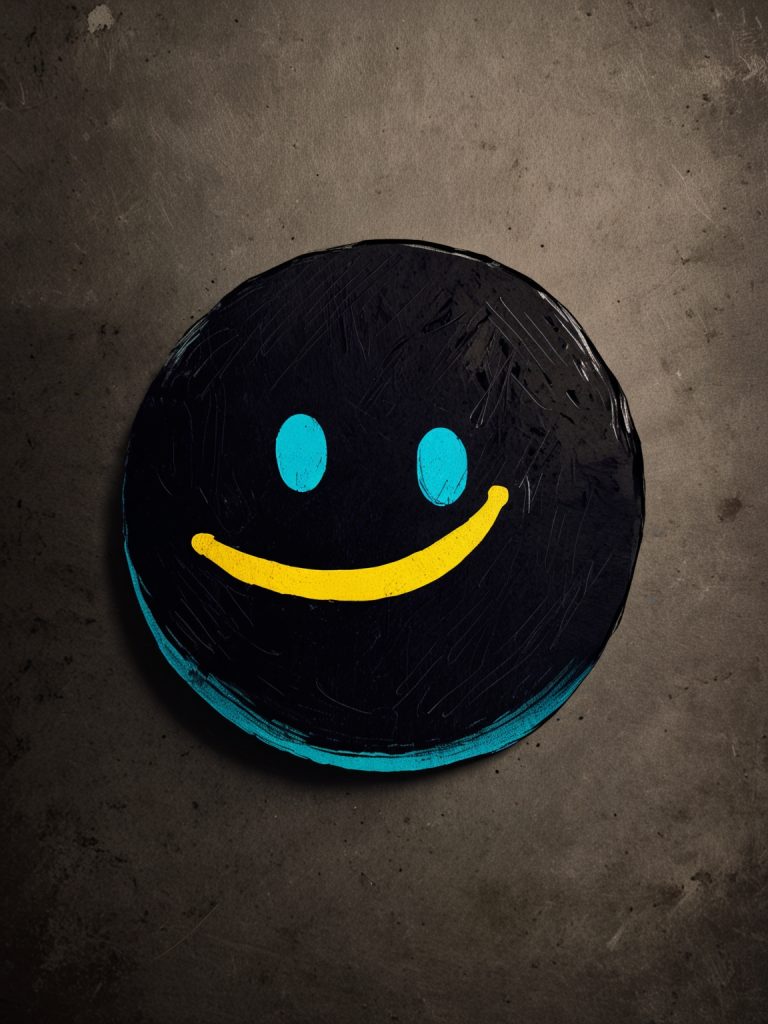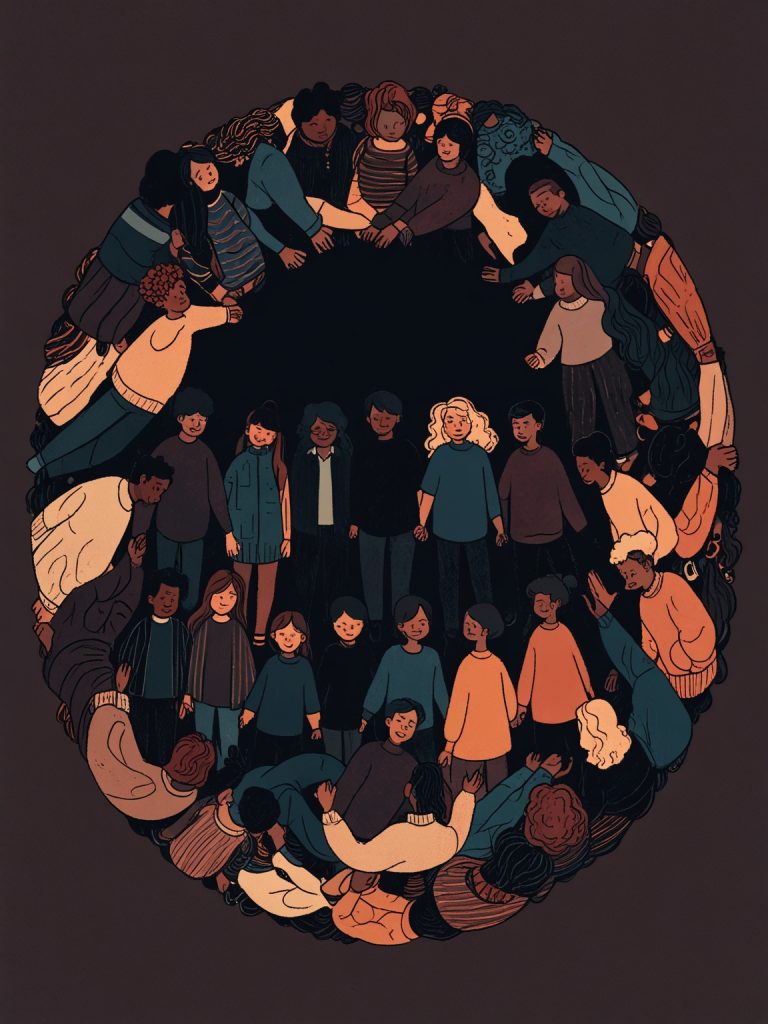Life’s a box of chocolates. Sometimes you get the creamy centers of joy, but other times… well, let’s just say you end up with a mouthful of suffering. But hey, even the most bitter chocolate has a story to tell. This article dives deep into the reasons why bad things happen to good people, exploring the tangled web of religion, philosophy, science, and even a sprinkle of social justice.
TL;DR
- Suffering is a complex issue with various explanations across different fields of thought.
- Religious traditions offer comfort and meaning-making in the face of suffering.
- Philosophical perspectives can help us find purpose and acceptance in a seemingly absurd world.
- Science is constantly working to understand and treat diseases that cause suffering.
- Socioeconomic factors significantly impact people’s experience of suffering.
- We all have a role to play in reducing suffering through supporting research, advocating for social justice, and seeking help when needed.
Let’s face it, the world can be a real bummer. From stubbing your toe to witnessing global tragedies, suffering seems woven into the fabric of existence. But why? This question has plagued humanity for millennia, sparking countless religious, philosophical, and scientific explorations. So, grab a metaphorical cup of tea (or something stronger), because we’re diving into the rabbit hole of suffering!
Religious Realms: Finding Meaning in Misery
Many religions offer narratives explaining suffering. Christianity, for instance, blames the apple-loving Adam and Eve for introducing sin and pain. But hey, there’s hope! Redemption through Jesus offers a path towards overcoming this inherited mess. Buddhism, on the other hand, views suffering (dukkha) as an unwelcome roommate we can’t evict. But fear not! By detaching from desires and embracing the Noble Eightfold Path, we can achieve liberation (nirvana) – basically, becoming suffering’s ultimate landlord. Hinduism takes the karma route, suggesting suffering is the result of past life shenanigans. The good news? By living righteously, we can break free from this cosmic game of consequences and achieve moksha (liberation).

Philosophical Ponderings: Making Peace with the Pointless
Philosophy throws its two cents in too. Existentialists like Sartre might say life’s inherently meaningless, so suffering is just part of the package deal. The trick, they argue, is to create your own meaning and forge your path in this absurd existence. Stoicism, on the other hand, encourages accepting suffering as inevitable. But don’t despair! By cultivating virtues like wisdom and courage, we can find inner peace even when the world throws lemons our way.
Psychology’s Perspective: Suffering as a Springboard?
Psychologists see suffering as a natural part of being human. Loss, disappointment, and even the knowledge of our own mortality can sting. However, suffering can also be a catalyst for growth. It can build resilience, empathy, and a deeper understanding of ourselves. Positive psychology even shines a light on finding meaning and purpose even amidst challenges.
Beyond the Individual: When Society Sucks
Let’s not forget the impact of society and politics on suffering. Poverty, inequality, and oppression create massive amounts of misery. Addressing these issues requires tackling systemic problems like social justice, human rights, and ensuring resources are shared fairly.
Nature’s Nasty Side: Suffering in the Wild
Even the natural world isn’t immune to suffering. From the harsh realities of the food chain to environmental challenges, pain and struggle are part of the natural order. Understanding these mechanisms helps us develop solutions – medicine, sustainable practices, and technology – to lessen suffering where we can.
Why Do Innocent People Suffer?
The sight of a child battling cancer is enough to shake the core of any belief system. It’s a question that’s haunted humanity for millennia: why does suffering strike so indiscriminately? This isn’t a simple question, but by exploring different perspectives, we can gain a wider lens on this heart-wrenching issue.

Religion and the Mystery of Suffering
- Christianity: The “Problem of Evil” is a classic theological conundrum. Some argue that free will is essential for love and good, and suffering is a consequence of that freedom. Others believe God’s plan is beyond human comprehension, like the story of Job. Redemptive suffering suggests hardship can lead to spiritual growth and a closer connection to God, exemplified by Jesus’ sacrifice.
- Buddhism: Karma, the law of cause and effect, dictates that suffering stems from past actions. Life’s cycle (samsara) is inherently filled with suffering, and the goal is to achieve enlightenment (nirvana) to escape it. The first Noble Truth acknowledges suffering as a fundamental part of life.
- Hinduism: Similar to Buddhism, karma plays a role, with suffering a potential consequence of past actions (including past lives). Moksha, liberation from samsara, is the ultimate goal. Some interpretations view the universe as a divine play (lila) beyond our grasp, including suffering.
Philosophy: Finding Meaning in the Absurd
- Existentialism: Life’s inherent absurdity, according to figures like Albert Camus, means suffering is inevitable. Individuals must create their own meaning in a world indifferent to their pain.
- Stoicism: Stoicism emphasizes accepting suffering as a part of life, something often outside our control. Our focus, they argue, should be on our response. By embracing virtue and accepting what we cannot change, we can find inner peace.
Science and Nature: A Coin Toss of Mutations
- Biology and Evolution: Cancer can often arise from random genetic mutations, caused by environmental factors or inherited predispositions. Natural selection doesn’t guarantee beneficial mutations, and some lead to diseases like cancer.
- Medical Science: While the existence of these diseases is a harsh reality, medical science is constantly striving to understand and treat them. Cancer research aims to find cures and alleviate suffering.

Social Issues: The Unequal Burden of Suffering
- Healthcare Inequality: Socio-economic factors significantly impact how people experience disease. Unequal access to healthcare, proper nutrition, and healthy living environments can exacerbate suffering.
- Moral Responsibility: Society has a moral obligation to care for the vulnerable and work towards reducing suffering. This includes supporting medical research, ensuring equitable healthcare for all, and addressing the social factors that contribute to poor health outcomes.
Modern Examples of Suffering and Societal Response
The article explores the various reasons why innocent people suffer, but it also highlights the ongoing efforts to alleviate this suffering. Here are some recent examples that illustrate these points:
- Childhood Cancer Research: While childhood cancers remain a heartbreaking reality, advancements in research offer a glimmer of hope. St. Jude Children’s Research Hospital recently announced a new cellular therapy treatment showing promising results against a specific type of leukemia in children (https://www.stjude.org/media-resources/news-releases/2024-medicine-science-news/stjude-adds-investment-to-research-collaborative-program.html). This exemplifies the continuous progress medical science makes in understanding and treating diseases that cause immense suffering.
- Socioeconomic Disparities in Healthcare: A 2023 study published in the Journal of the American Medical Association (JAMA) found significant racial and ethnic disparities in access to high-quality healthcare in the United States (https://jamanetwork.com/journals/jamainternalmedicine/fullarticle/2803780). This highlights the social and economic factors that contribute to the unequal burden of suffering, aligning with the article’s point about the importance of addressing these issues.
- Global Efforts to Combat Infectious Diseases: The World Health Organization (WHO) has ongoing initiatives to eradicate diseases like polio and malaria, which disproportionately affect children in developing countries (https://www.emro.who.int/polio-eradication/about-eradication/index.html, https://www.who.int/news-room/fact-sheets/detail/malaria). These efforts showcase the international cooperation and focus on mitigating suffering, as emphasized in the article’s discussion of societal responsibility.
Note: These are just a few examples, and you can find many more depending on the specific type of suffering you’re interested in.

Finding Your Way Forward
There’s no single answer to why we suffer, but understanding these different perspectives can be a powerful tool. Whether you find solace in faith, meaning-making, or tackling societal issues, there are ways to navigate the inevitable bumps on life’s road. Remember, suffering doesn’t have to define us. We can choose to seek understanding, build strength, and work towards alleviating pain and injustice in the world.

Ready to Take Action?
Feeling overwhelmed by suffering? You’re not alone! Here are some resources to help you navigate the tough times:
- Your local mental health professional: Because sometimes, talking it out is the best medicine. Therapists can provide a safe space to explore your experiences and develop coping mechanisms.
- Support groups: Connecting with others who understand your struggles can be incredibly validating. Support groups can offer a sense of belonging and shared experiences. Look for groups that address specific challenges like grief, chronic illness, or anxiety.
- Volunteer organizations: Helping others is a powerful way to combat feelings of helplessness and contribute to positive change. There are countless organizations tackling a variety of social issues, from poverty to animal welfare. Find a cause that resonates with you and get involved!
So, the next time you’re faced with a mountain of suffering, remember: even Sisyphus, condemned to eternally roll a boulder uphill, eventually found a way to make peace with his absurdity. Maybe the answer to suffering isn’t finding the peak, but rather appreciating the view along the climb. This article might not have all the answers, but hopefully, it’s given you a compass to navigate the uphill journey. After all, a little philosophical pondering is a lot lighter to carry than a boulder.







